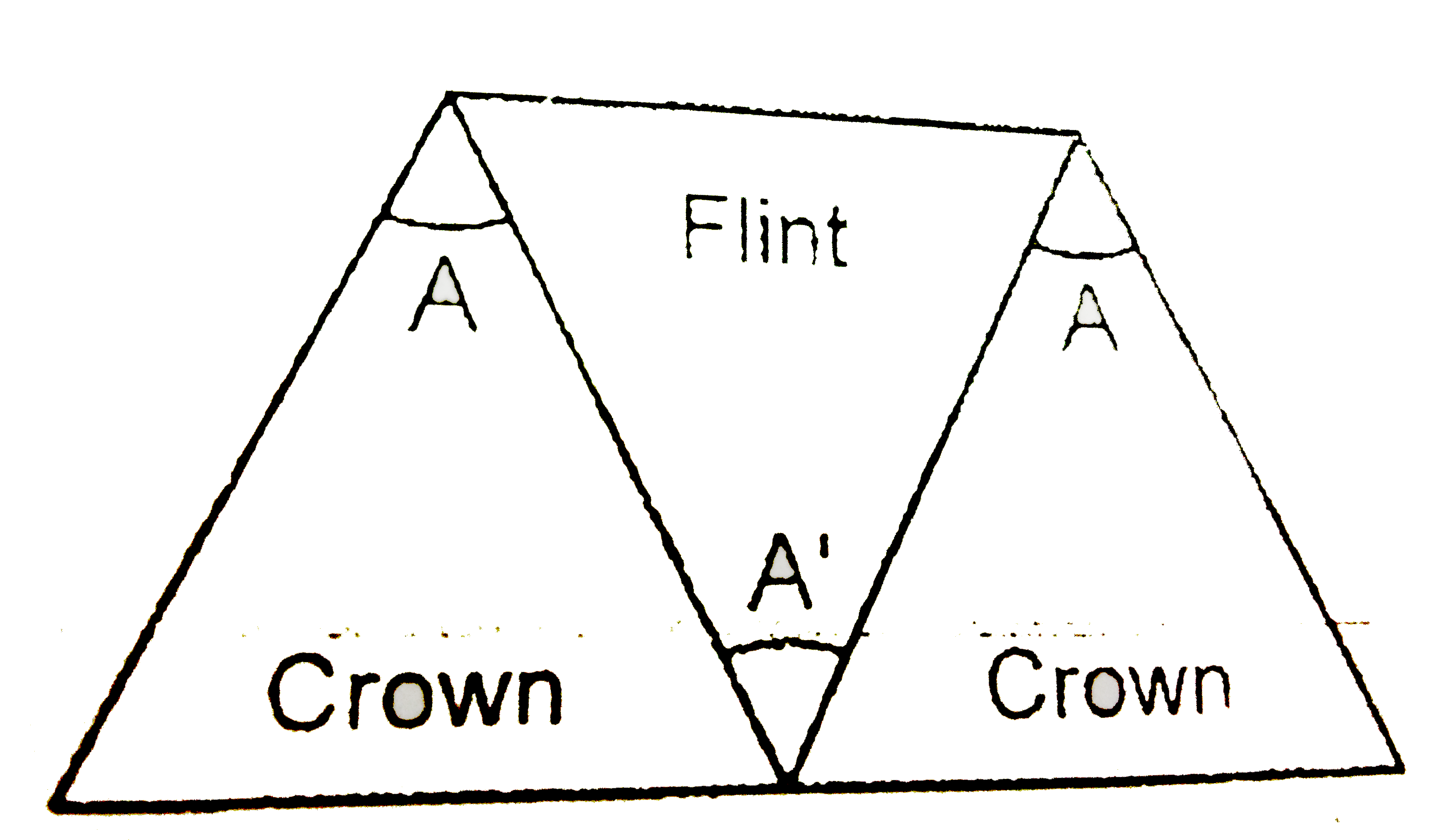In a semiconducting material the mobilities of electrons and holes are μe and μh respectively. Which of the following is true?
μe<μh
μe>μh
μe=μh
μe<0,μh>0
The correct Answer is:B
In a semiconductor, hole is equivalent to positively charged particle which moves in a direction opposite to that of an electron. Since electrons are lighter in mass compared to positively charged particles they move easily in the semiconducting material. Hence, the mobility of holes in p-type semiconductor is less than mobility of electrons in n-type semiconductor. i.e. ne>nh
Topper's Solved these Questions
- SEMICONDUCTOR ELECTRONICSBOOK - A2ZCHAPTER - SEMICONDUCTOR ELECTRONICSEXERCISE - Assertion Reason
18 Videos
- SEMICONDUCTOR ELECTRONICSBOOK - A2ZCHAPTER - SEMICONDUCTOR ELECTRONICSEXERCISE - SECTION -D
1 Videos
- SEMICONDUCTOR ELECTRONICSBOOK - A2ZCHAPTER - SEMICONDUCTOR ELECTRONICSEXERCISE - AIPMT/NEET Questions
77 Videos
- NUCLEAR PHYSICSBOOK - A2ZCHAPTER - NUCLEAR PHYSICSEXERCISE - Section D - Chapter End Test
29 Videos
- SOURCE AND EFFECT OF MAGNETIC FIELDBOOK - A2ZCHAPTER - SOURCE AND EFFECT OF MAGNETIC FIELDEXERCISE - Section D - Chapter End Test
30 Videos
Similar Questions
In a semiconductor holes are as mobile as electrons.
View SolutionThree thin prisms are combind as shwon in figure. The refractive indices of the crown glass for red, yhelwo and violet rays are μr,μy and μv respectively and those for the flint glass are μ'r,μ'y and μv respectively . Find the ratio A'/A for which (a) system produces deviation without dispersion (achromatic combination ) and (b) system produces dispersion without deciation (direct vision arrangement).

View Solution
Knowledge Check
In a semiconducting material, the mobilities of electrons and holes are μe and μh respectively. Then
Aμe<μhBμe=μhCμe<μhDμe>0 but μh<1Relative permittivity and permeability of a material are εr and μr respectively which of the following values of these quantities are allowed for a diamagnetic material ?
Aε=0.5,μr=0.5Bεr=1.5,μr=0.5Cεr=0.5μr=1.5Dεr=1.5μr=1.5If the relative permittivity and permeability of a given material are εr and μr , respectively then, which among the following is correct for a diamagnetic material?
Aεr1.5,μr=1.5Bεr0.5,μr=1.5Cεr1.5,μr=0.5Dεr0.5,μr=0.5
Relative permitivity and permeability of a material εrandμr, respectively . Which of the following values of these quantities are allowed for a diamagnetic material?
View SolutionIf refractive index of core & cladding are μ1 & μ2 respectively then :
View SolutionThe mobility of electrons when compared tot hat of holes is
View SolutionA semiconductor having electron and linear mobilities μn and μp respectively.
If its intrinsic carrier density is ni, then what will be the value of hole concentration P for which the conductivity will be maximum at a given temperature?
View SolutionA pure silicon crystal of length l(0.1m) and area A(10−4m2) has the mobility of electron (μe) and holes (μh) as 0.135m2/Vs and 0.48m2/Vs, respectively, If the voltage applied across it is 2V and the intrinsic charge concen-tration it is 2V and the intrinsic charge concen-tration is ni=1.5×106m−3, then the total current flowing through the crystal is.
View Solution
